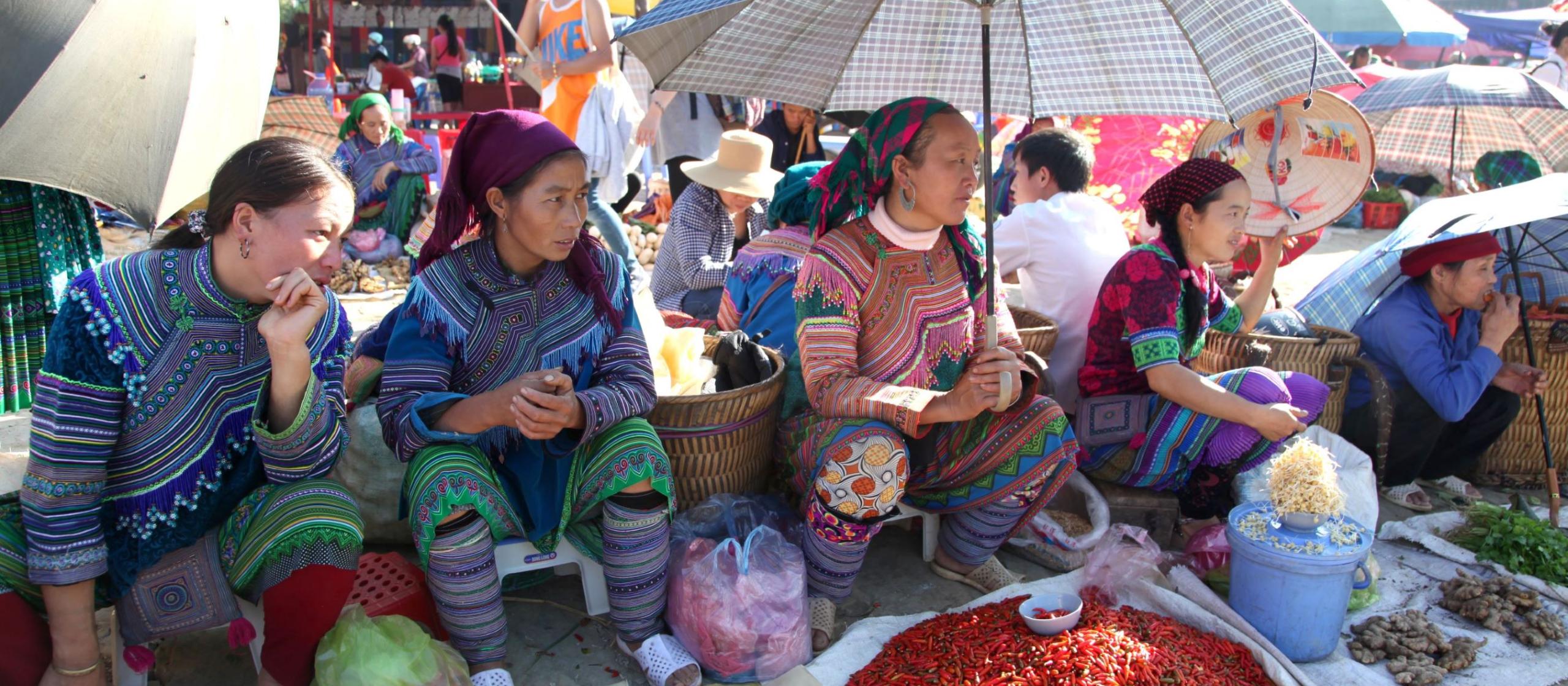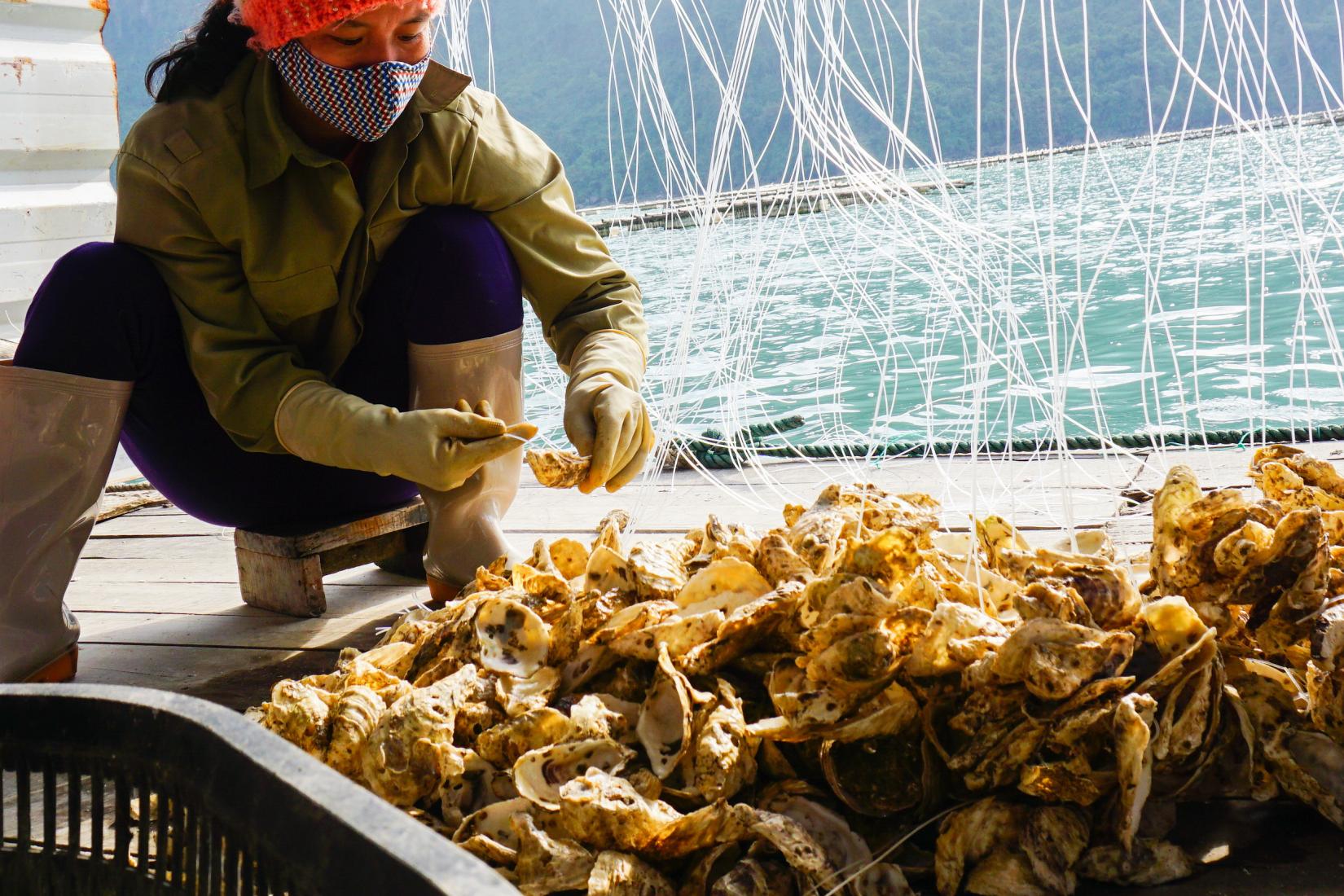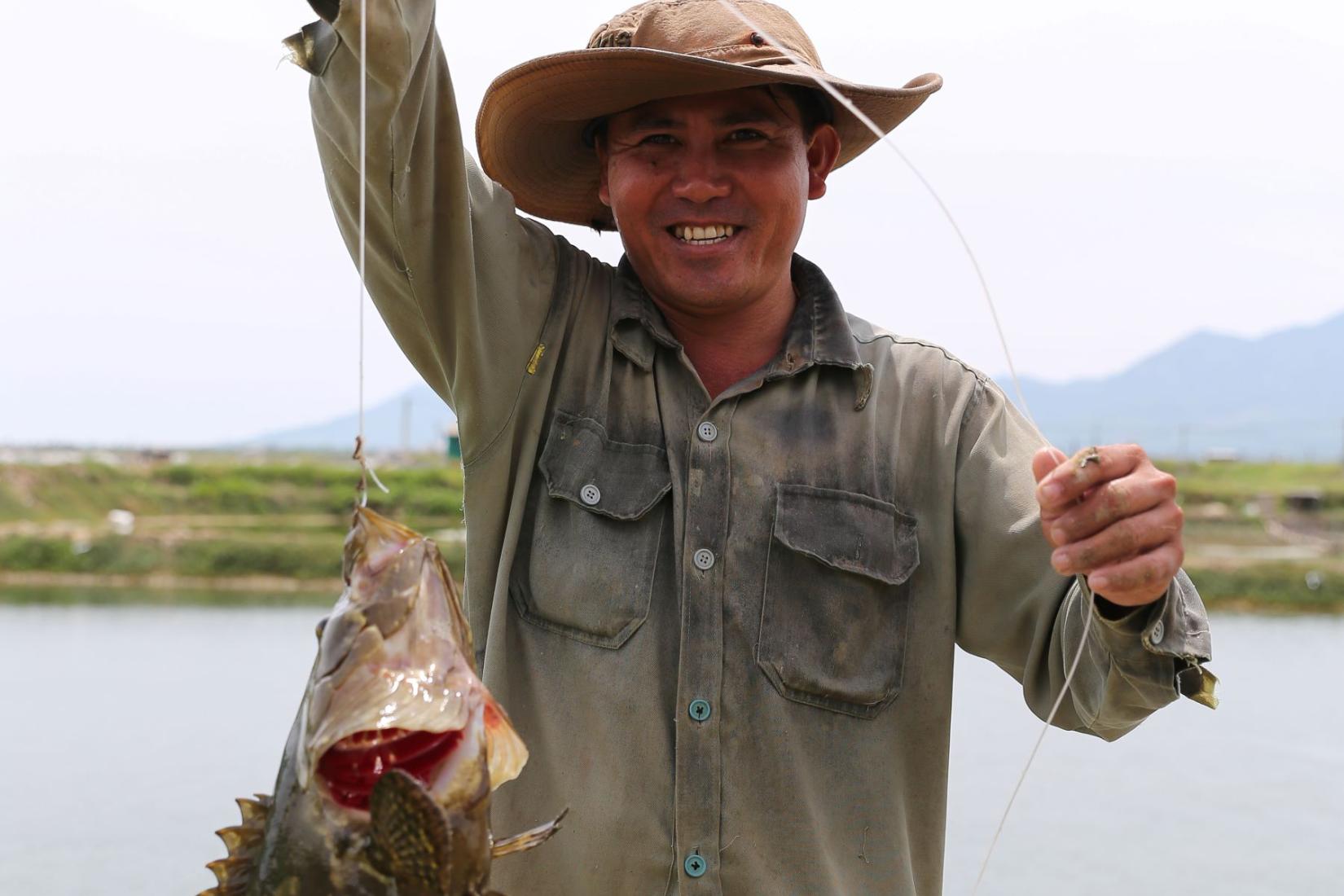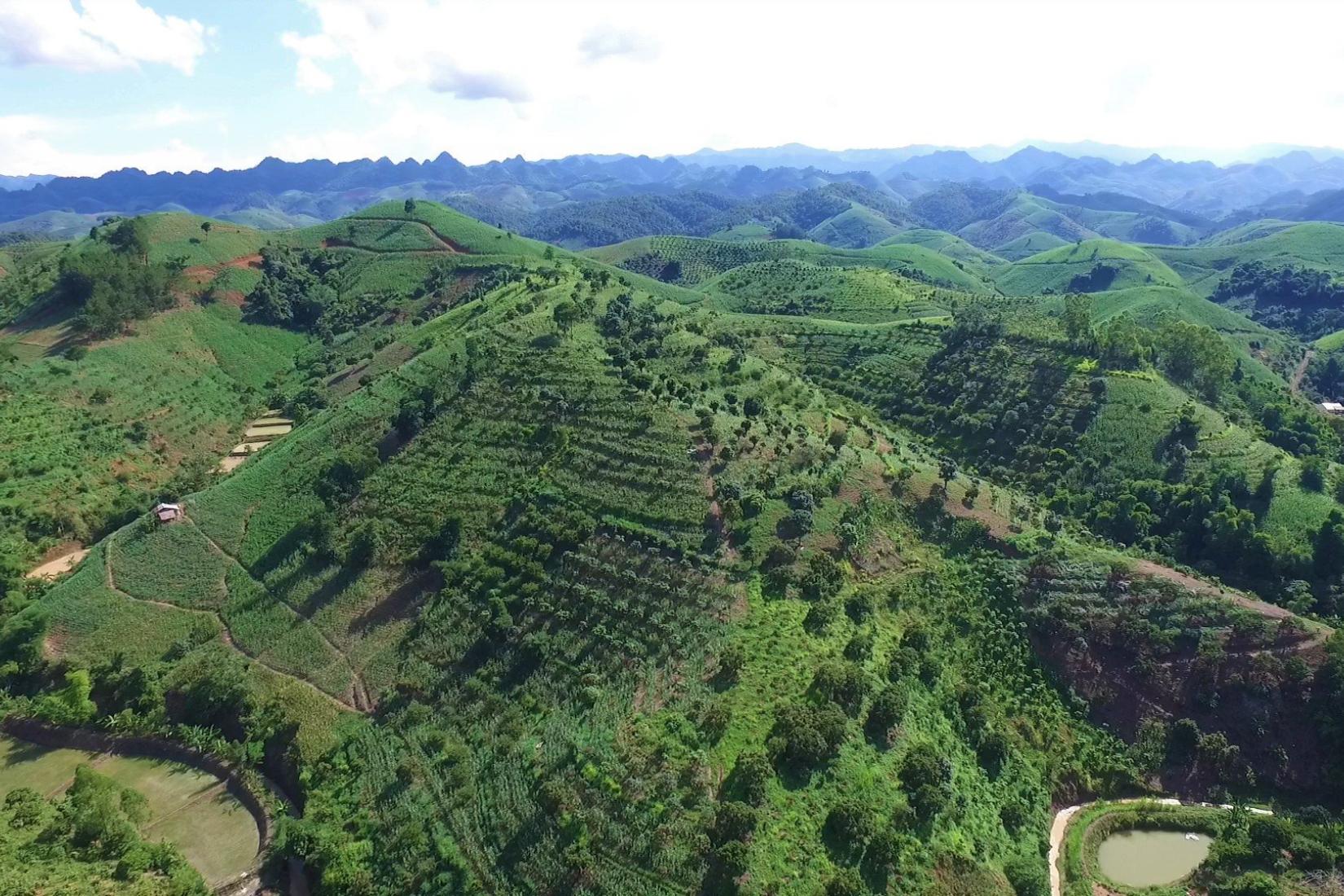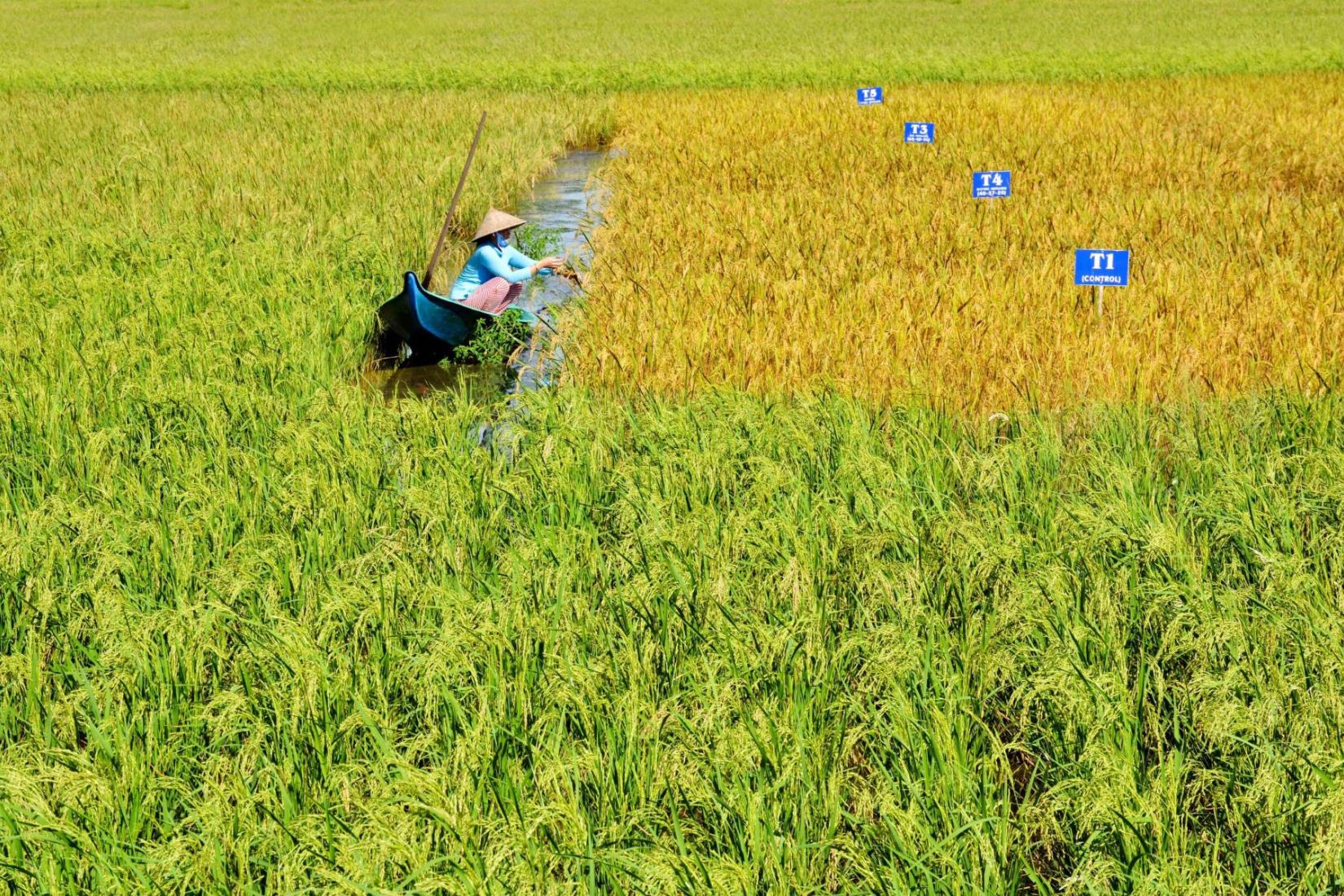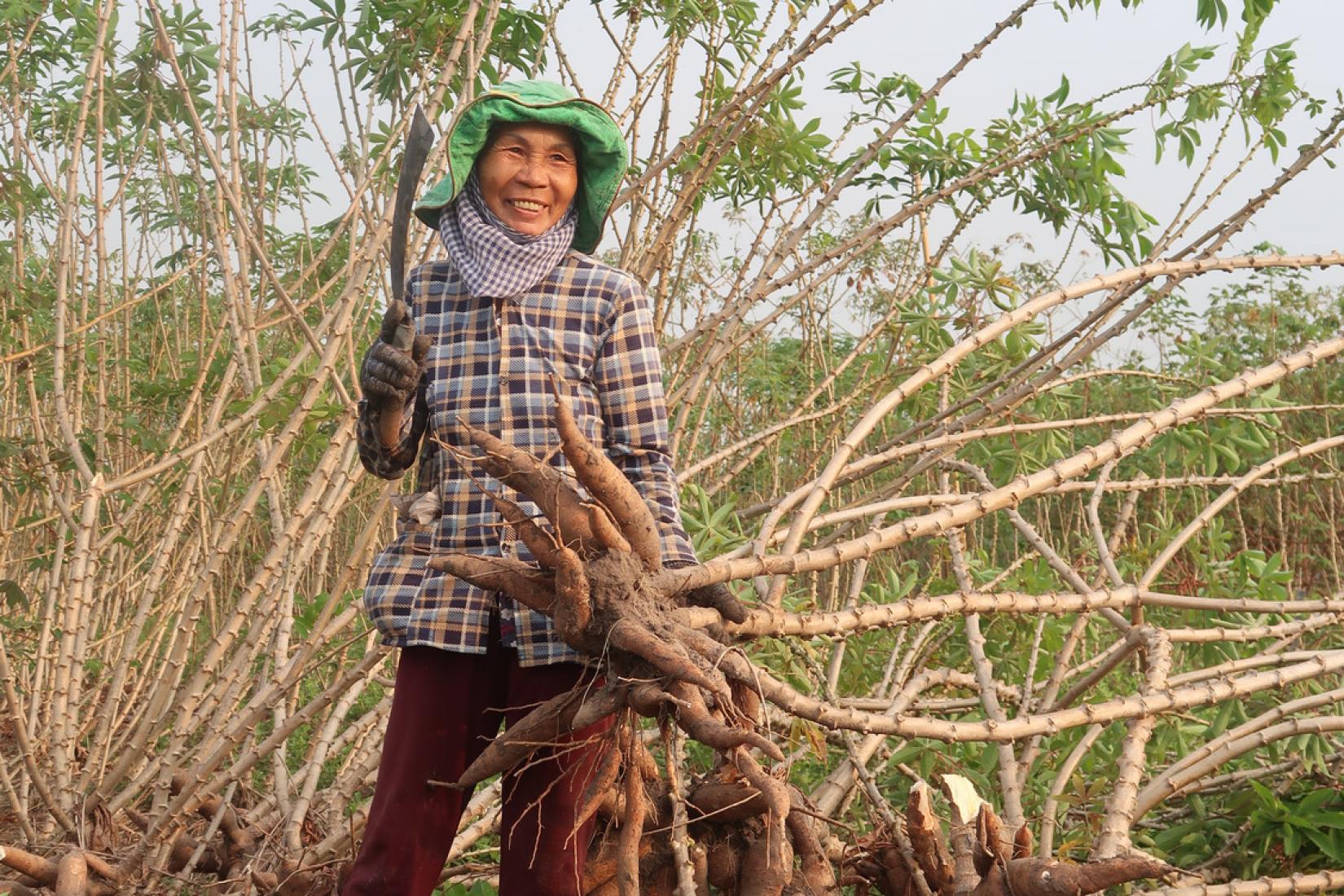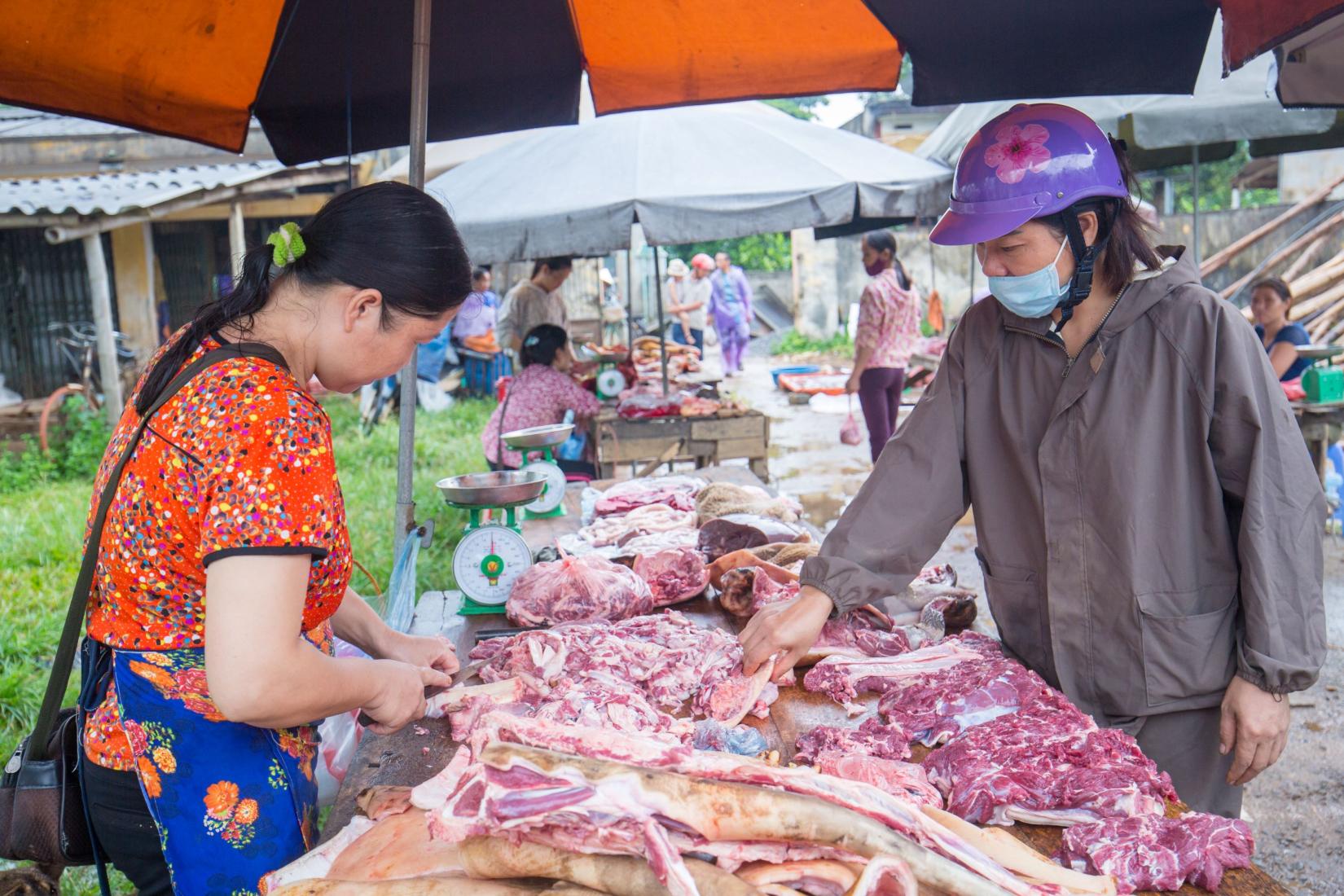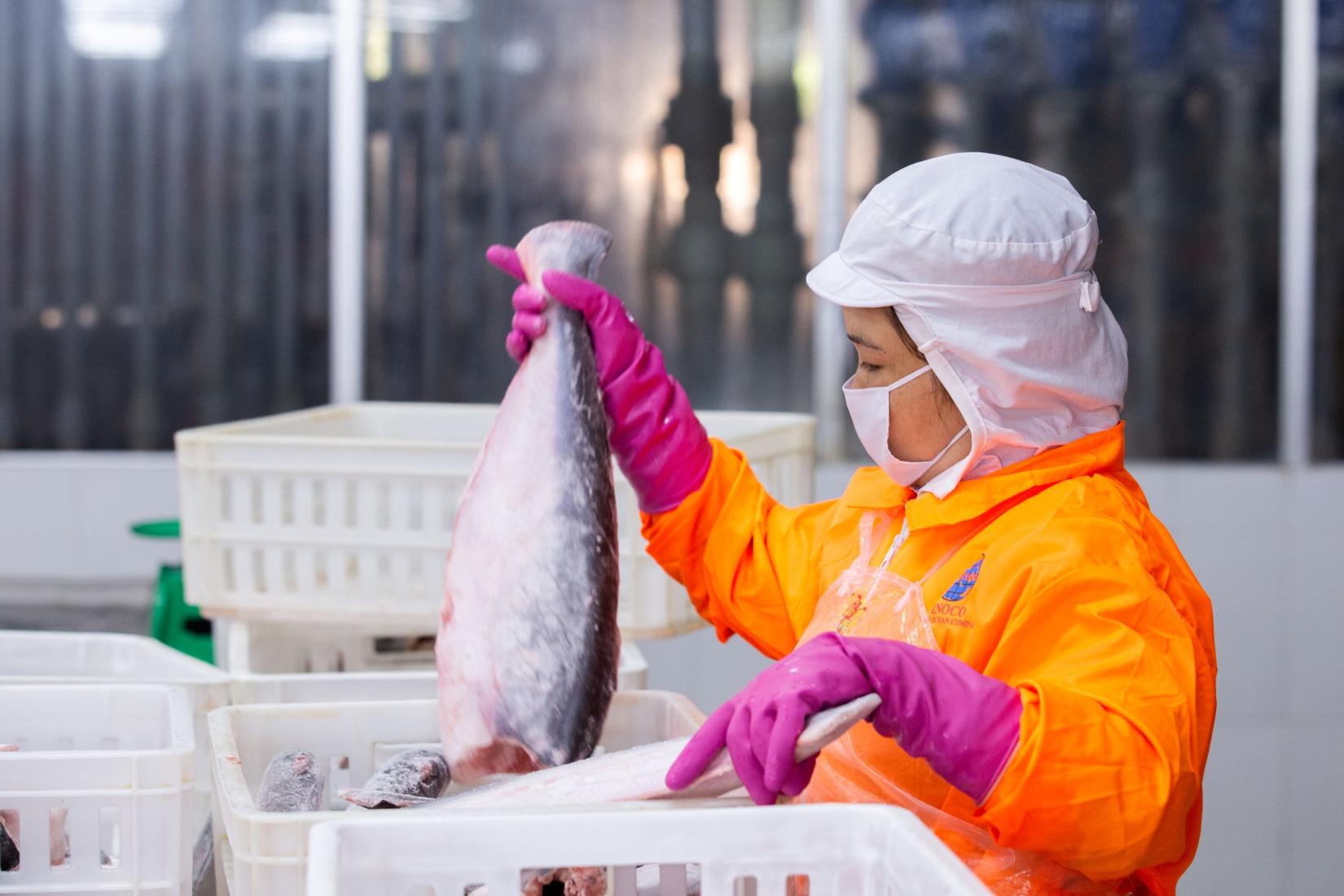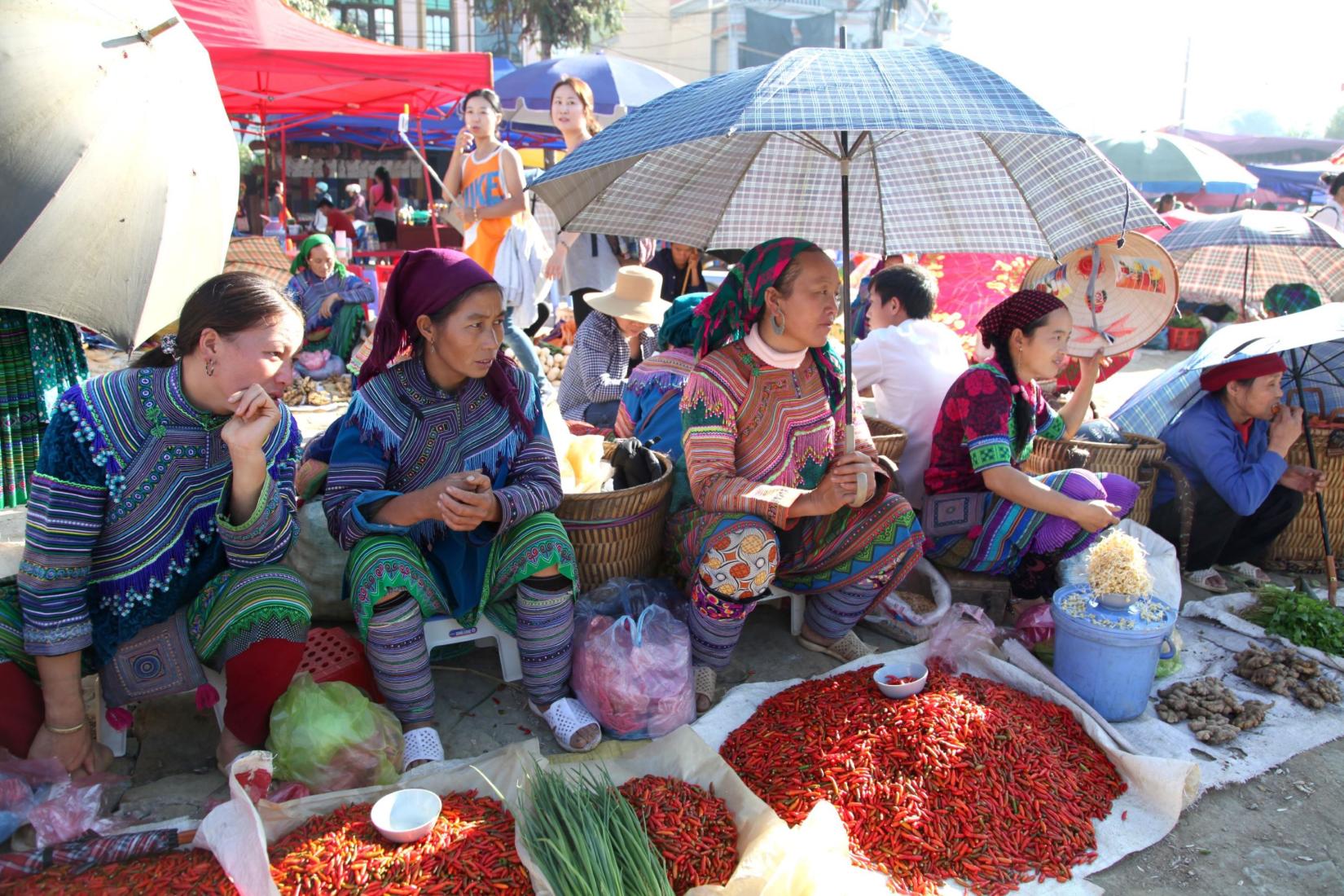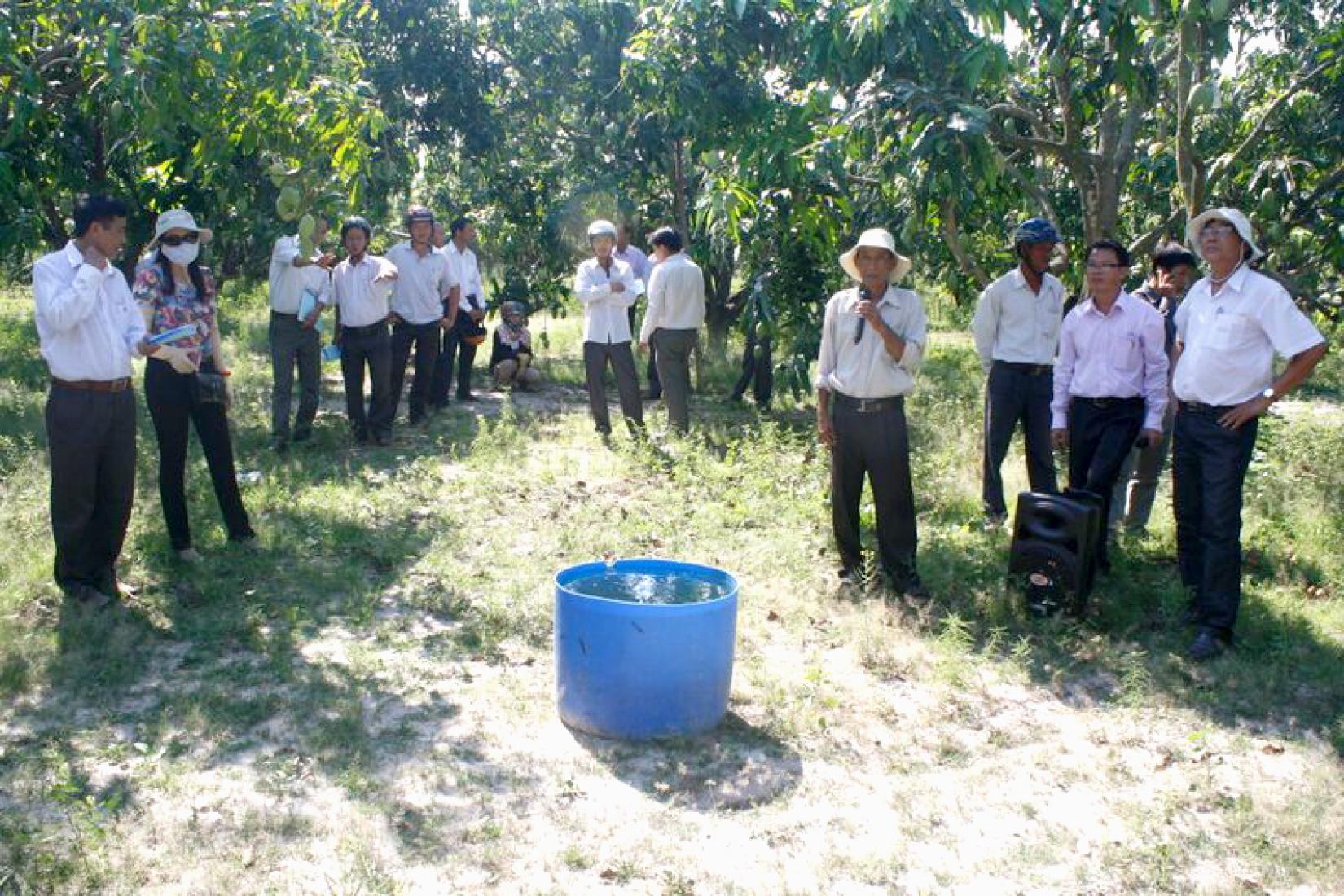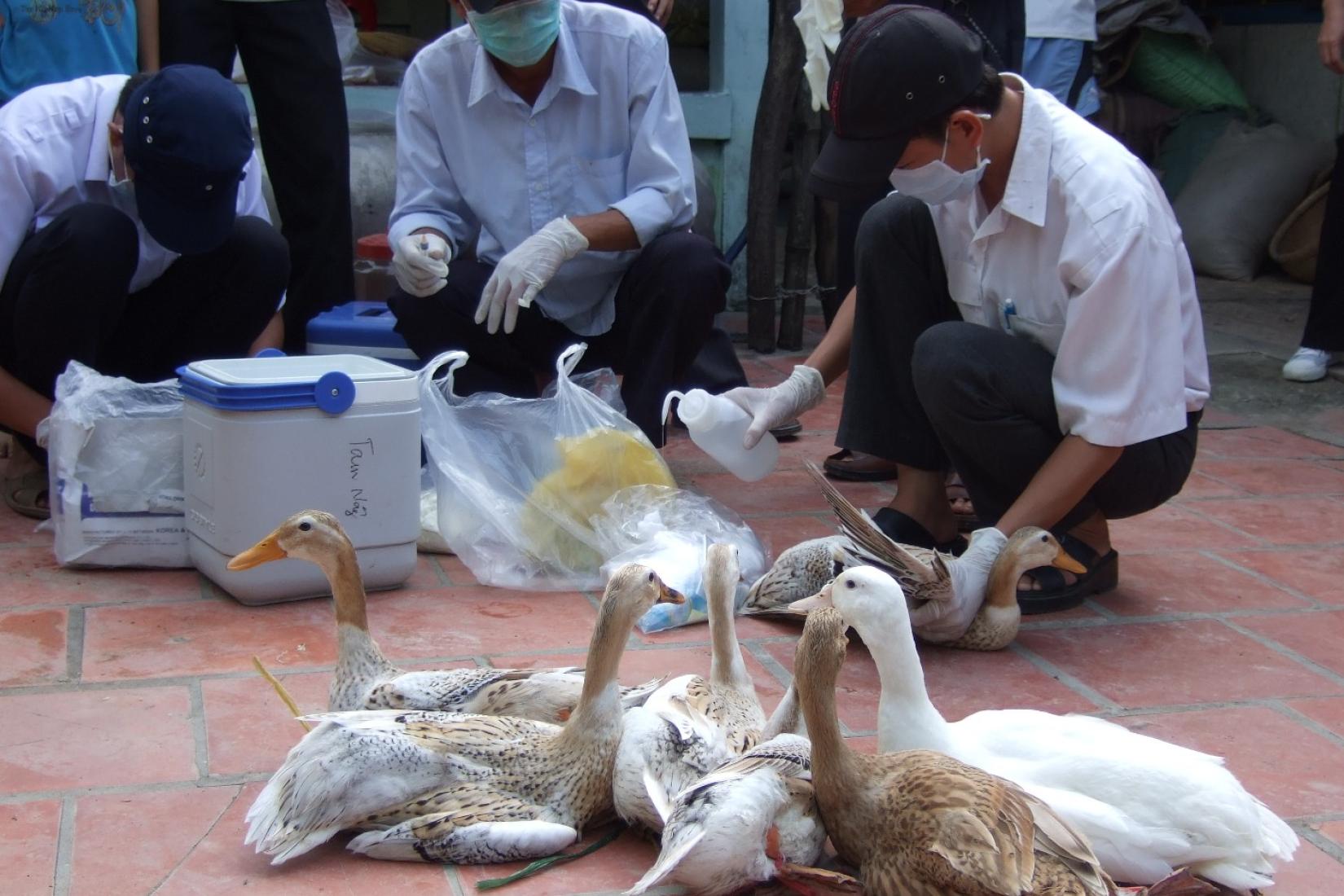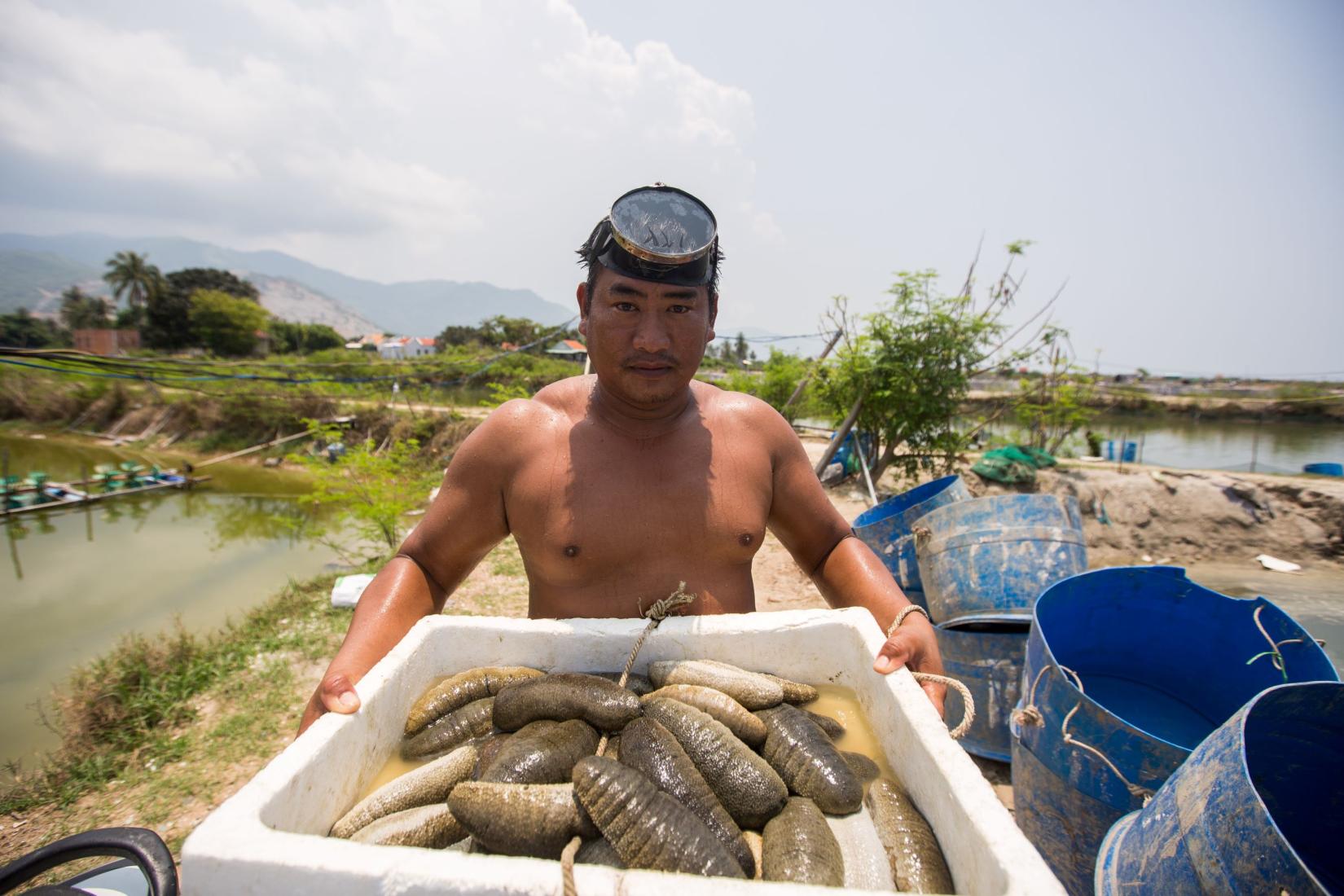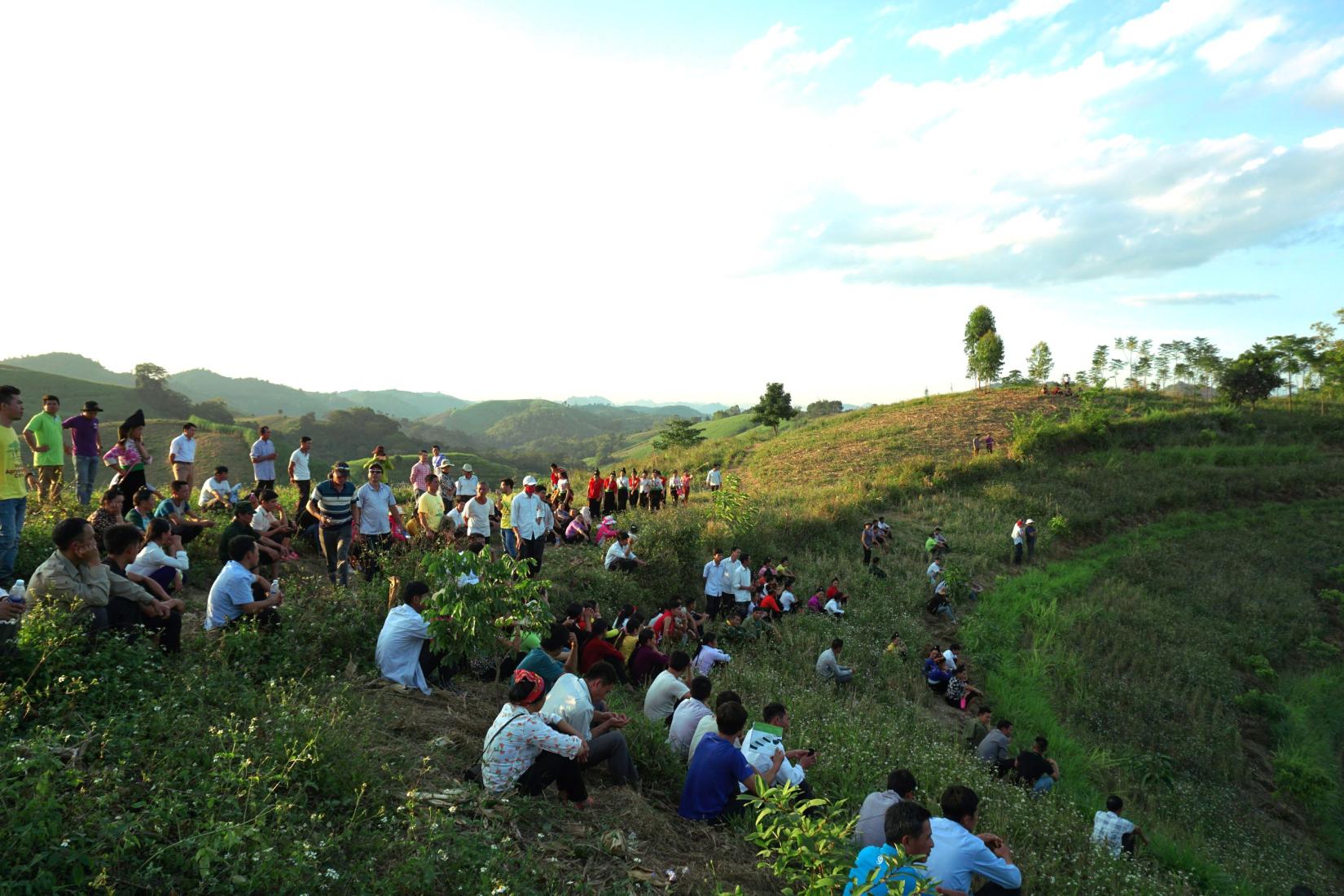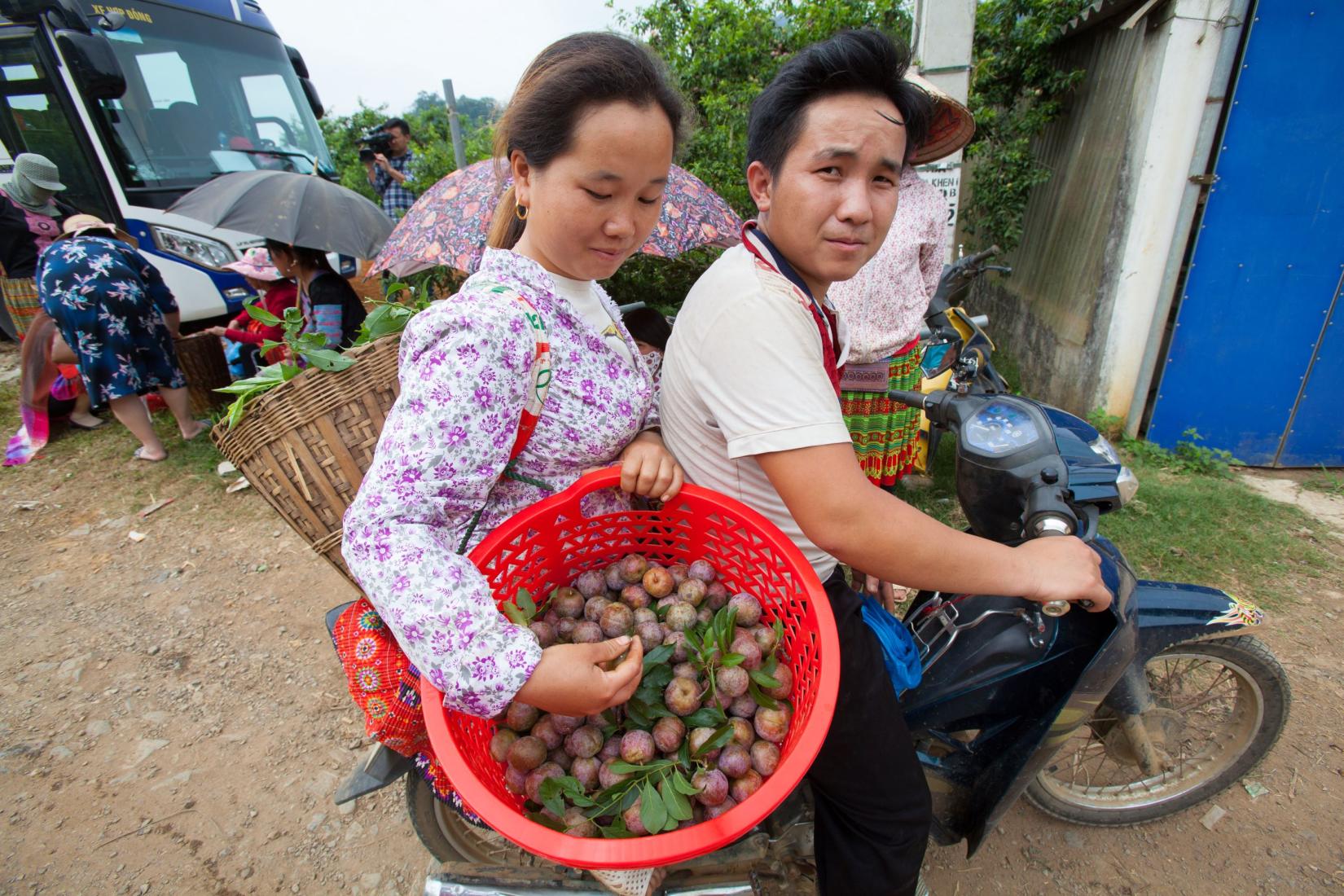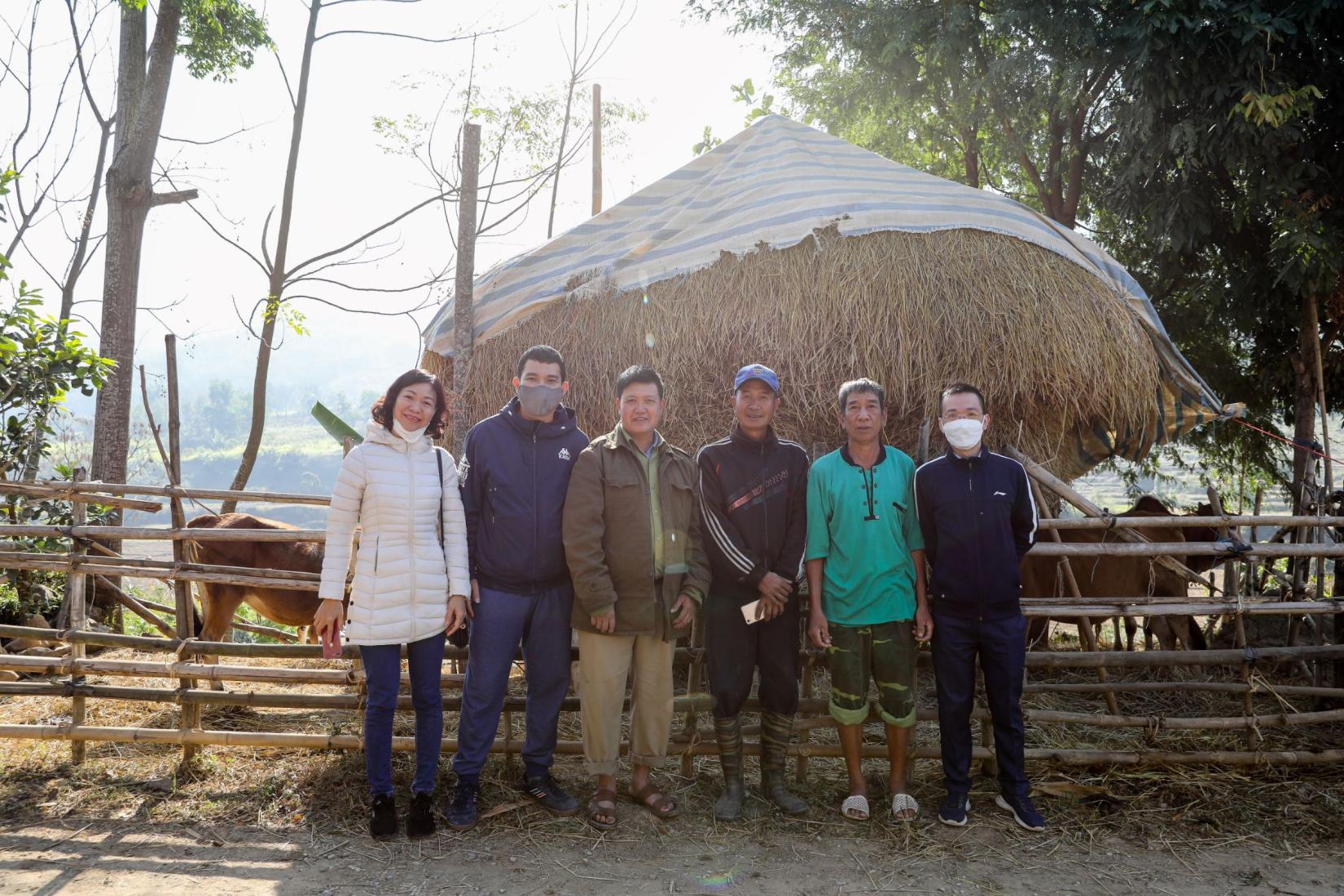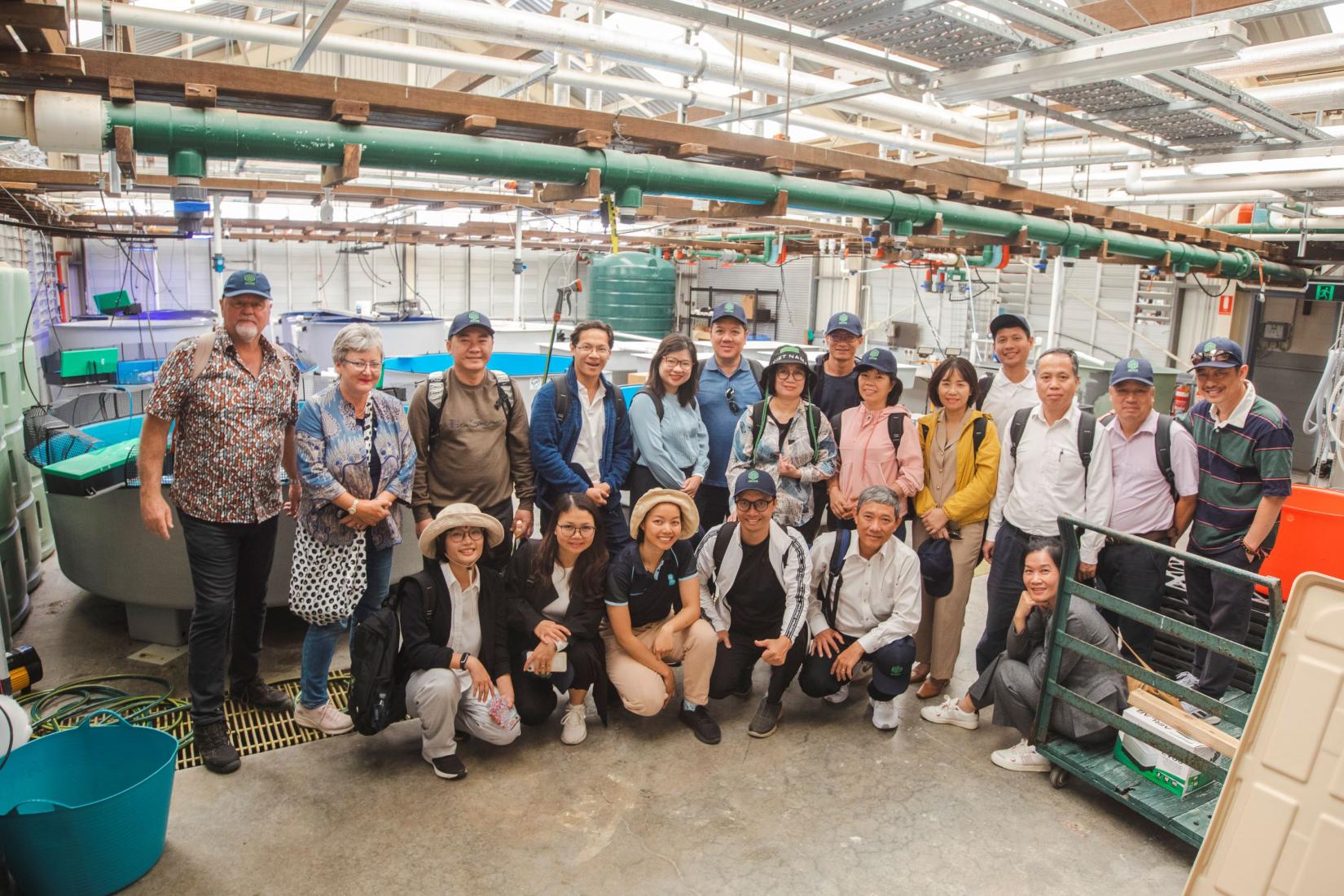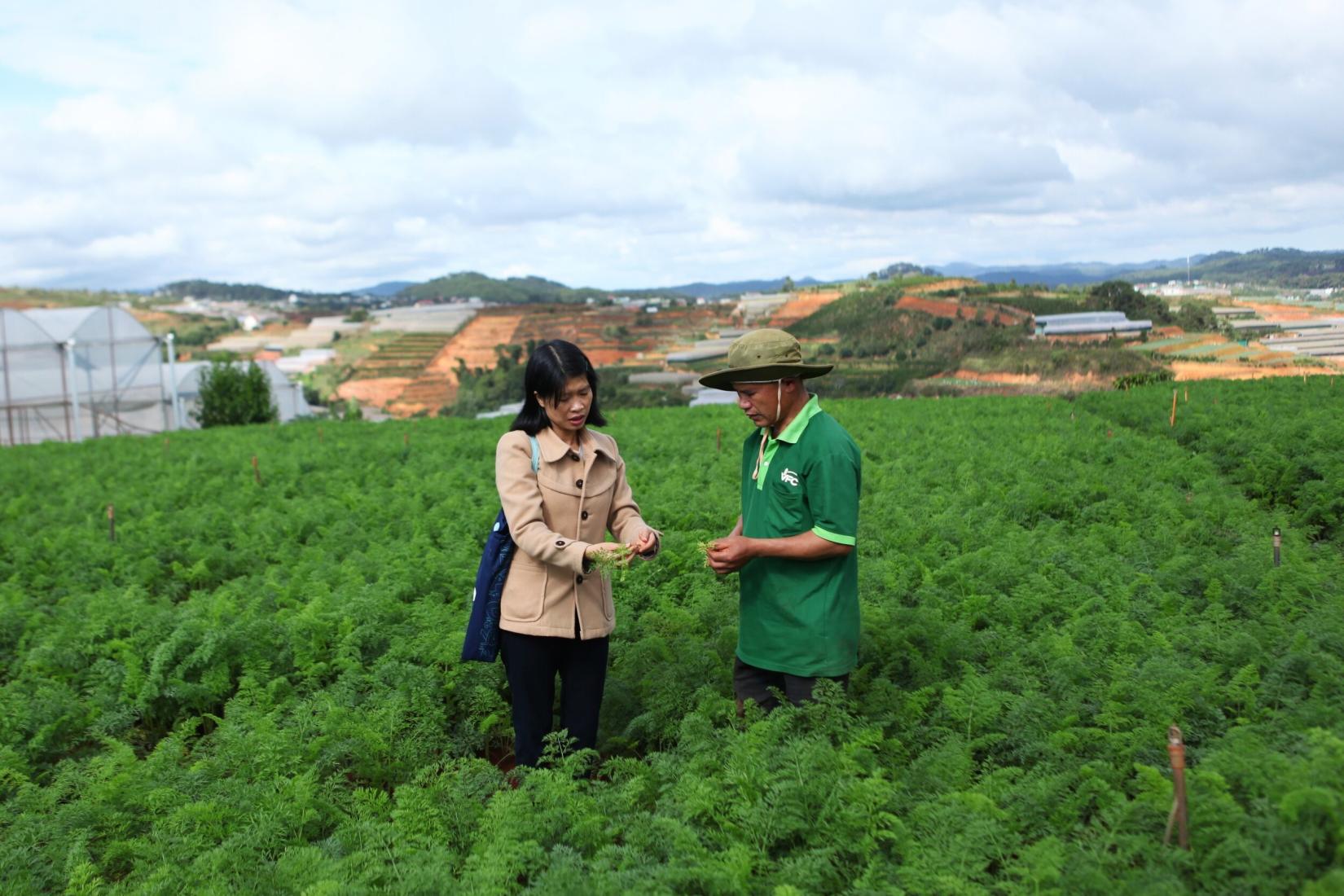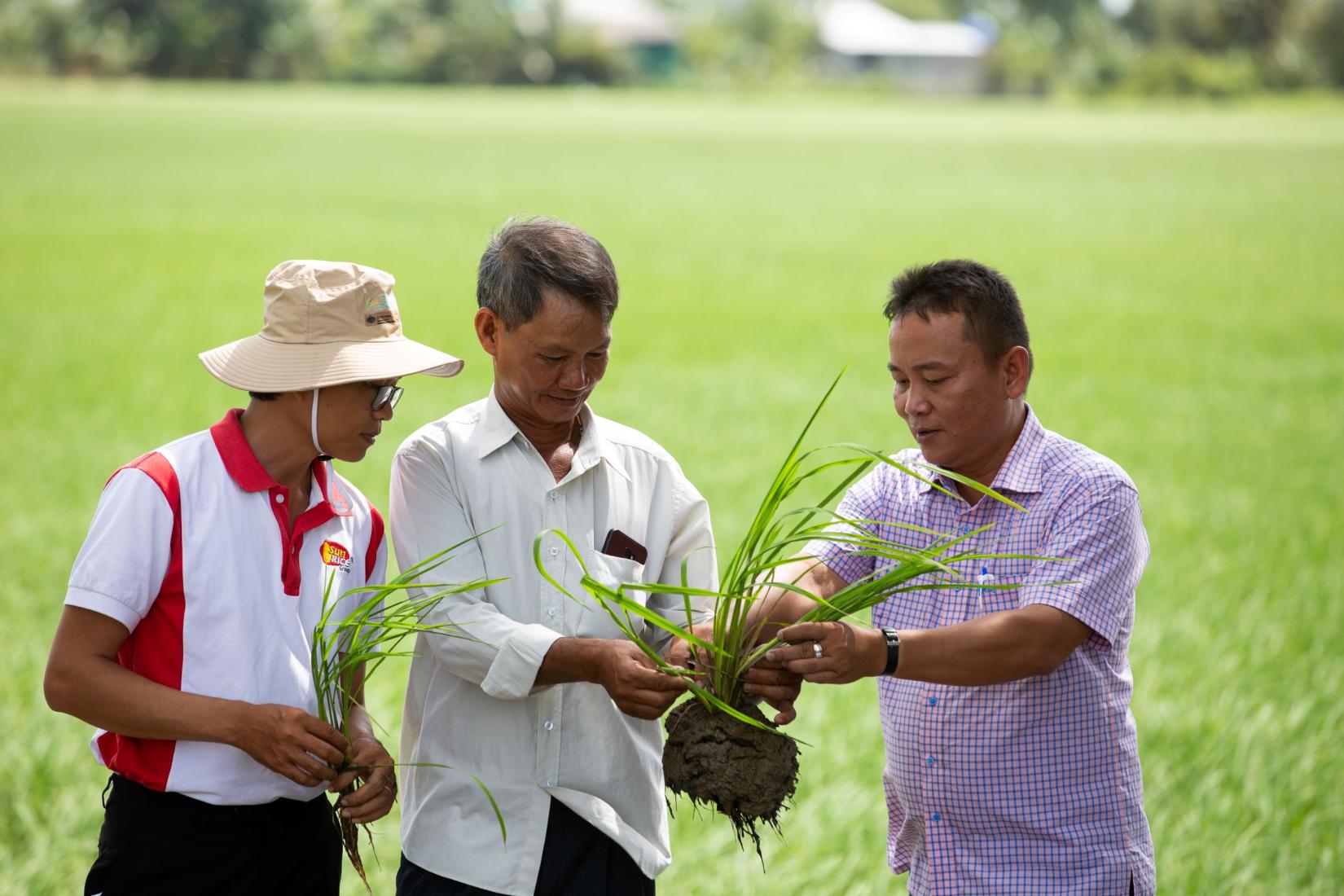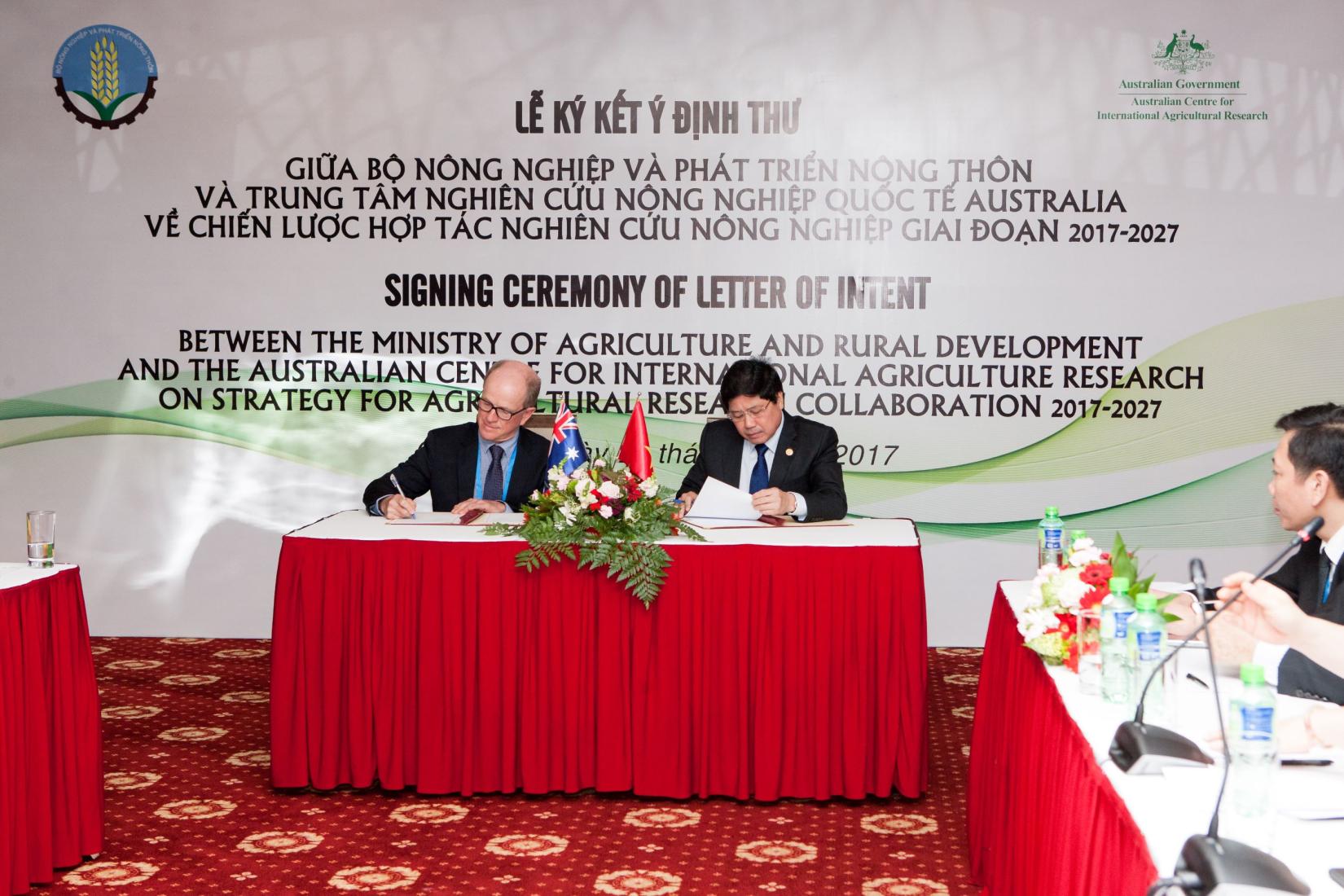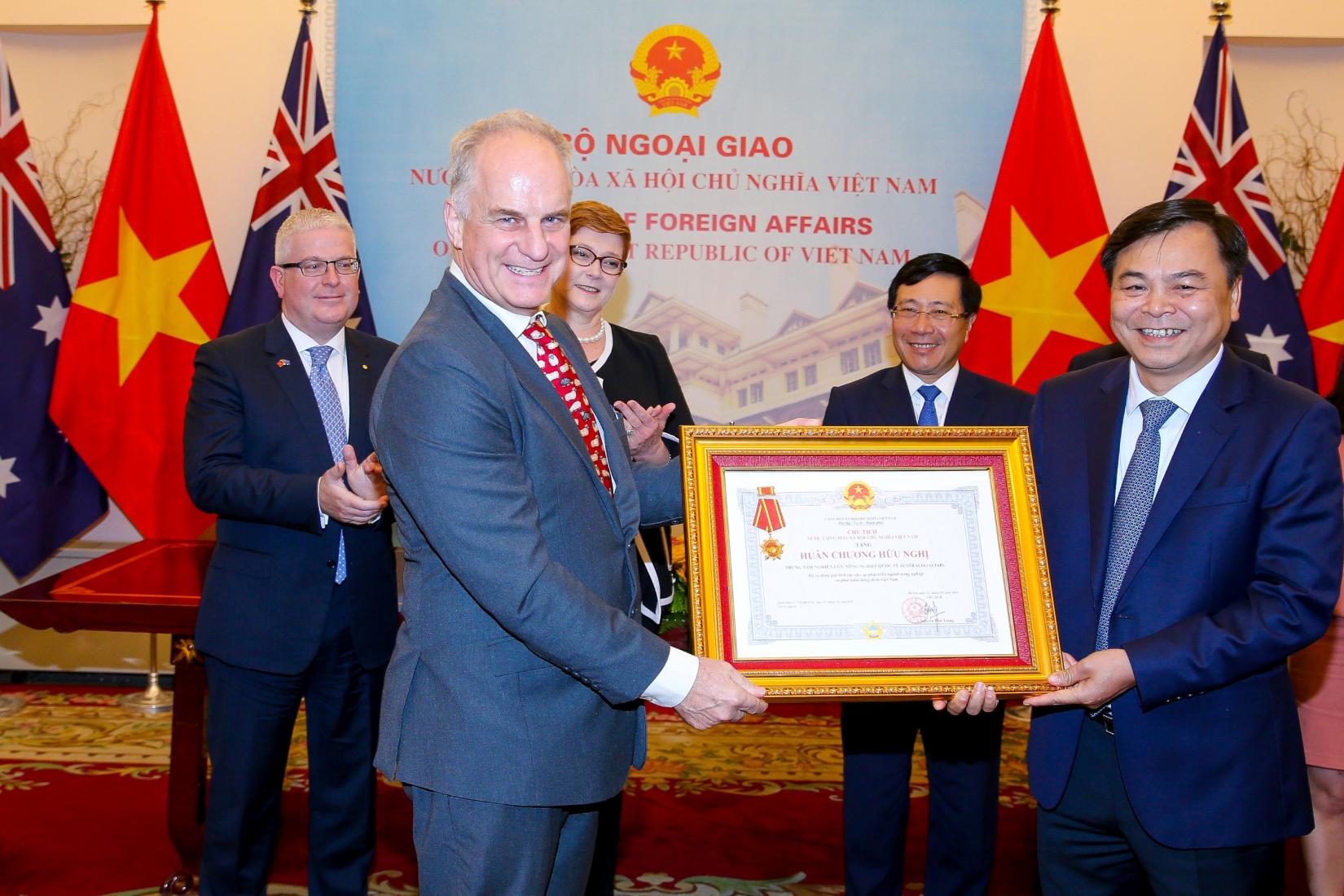Over the decades, the ACIAR-supported research collaborations have not just addressed critical issues but played a pivotal role in establishing new and profitable industries. These partnerships have significantly contributed to the enhancement of Vietnam’s research capacity and the widespread adoption of transformative technologies that have changed the livelihoods of many smallholder farmers.
As we embark on this journey of reflection and celebration, join us in exploring 30 captivating images that encapsulate the essence of our enduring partnerships in Vietnam. These pictures hail from diverse projects within various research and capacity-building programs.
Here’s to 30 more years of a high-performing, innovative and fruitful partnership with Vietnam!
